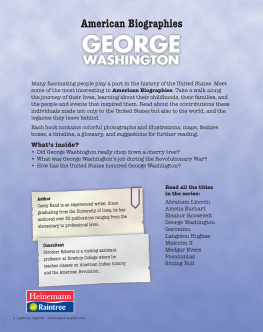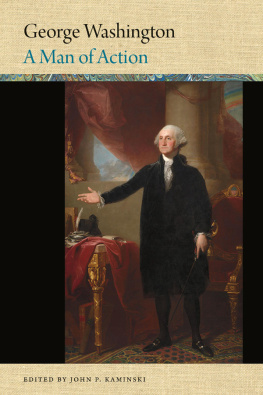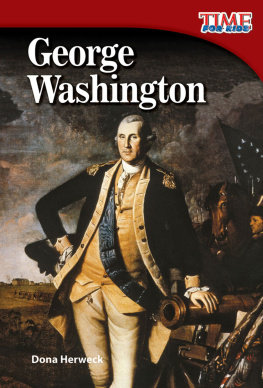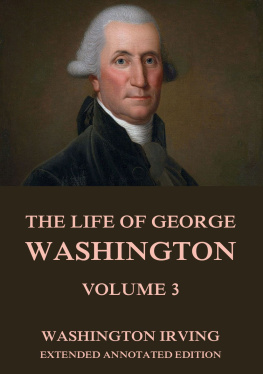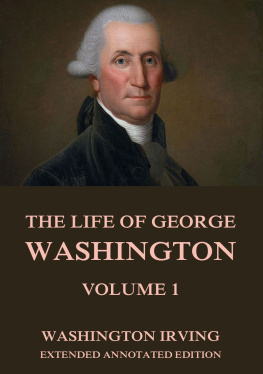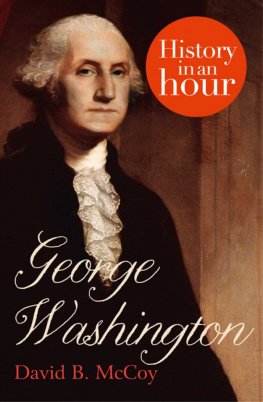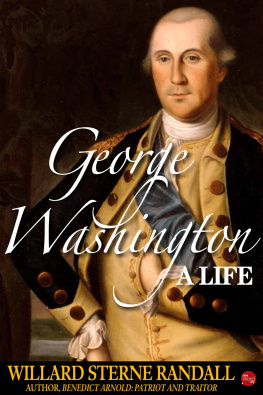INTRODUCTION
Table of Contents
February 9 in the year 1800 was a gala day in Paris. Napoleon had decreed a triumphal procession, and on that day a splendid military ceremony was performed in the Champ de Mars, and the trophies of the Egyptian expedition were exultingly displayed. There were, however, two features in all this pomp and show which seemed strangely out of keeping with the glittering pageant and the sounds of victorious rejoicing. The standards and flags of the army were hung with crape, and after the grand parade the dignitaries of the land proceeded solemnly to the Temple of Mars, and heard the eloquent M. de Fontanes deliver an "Eloge Funbre."1
About the same time, if tradition may be trusted, the flags upon the conquering Channel fleet of England were lowered to half-mast in token of grief for the same event which had caused the armies of France to wear the customary badges of mourning.
If some "traveler from an antique land" had observed these manifestations, he would have wondered much whose memory it was that had called them forth from these two great nations, then struggling fiercely with each other for supremacy on land and sea. His wonder would not have abated had he been told that the man for whom they mourned had wrested an empire from one, and at the time of his death was arming his countrymen against the other.
These signal honors were paid by England and France to a simple Virginian gentleman who had never left his own country, and who when he died held no other office than the titular command of a provisional army. Yet although these marks of respect from foreign nations were notable and striking, they were slight and formal in comparison with the silence and grief which fell upon the people of the United States when they heard that Washington was dead. He had died in the fullness of time, quietly, quickly, and in his own house, and yet his death called out a display of grief which has rarely been equaled in history. The trappings and suits of woe were there of course, but what made this mourning memorable was that the land seemed hushed with sadness, and that the sorrow dwelt among the people and was neither forced nor fleeting. Men carried it home with them to their firesides and to their churches, to their offices and their workshops. Every preacher took the life which had closed as the noblest of texts, and every orator made it the theme of his loftiest eloquence. For more than a year the newspapers teemed with eulogy and elegy, and both prose and poetry were severely taxed to pay tribute to the memory of the great one who had gone. The prose was often stilted and the verse was generally bad, but yet through it all, from the polished sentences of the funeral oration to the humble effusions of the obscurest poet's corner, there ran a strong and genuine feeling, which the highest art could not refine nor the clumsiest expression degrade.
From that time to this, the stream of praise has flowed on, ever deepening and strengthening, both at home and abroad. Washington alone in history seems to have risen so high in the estimation of men that criticism has shrunk away abashed, and has only been heard whispering in corners or growling hoarsely in the now famous house in Cheyne Row.
There is a world of meaning in all this, could we but rightly interpret it. It cannot be brushed aside as mere popular superstition, formed of fancies and prejudices, to which intelligent opposition would be useless. Nothing is in fact more false than the way in which popular opinions are often belittled and made light of. The opinion of the world, however reached, becomes in the course of years or centuries the nearest approach we can make to final judgment on human things. Don Quixote may be dumb to one man, and the sonnets of Shakespeare may leave another cold and weary. But the fault is in the reader. There is no doubt of the greatness of Cervantes or Shakespeare, for they have stood the test of time, and the voices of generations of men, from which there is no appeal, have declared them to be great. The lyrics that all the world loves and repeats, the poetry which is often called hackneyed, is on the whole the best poetry. The pictures and statues that have drawn crowds of admiring gazers for centuries are the best. The things that are "caviare to the general" often undoubtedly have much merit, but they lack quite as often the warm, generous, and immortal vitality which appeals alike to rich and poor, to the ignorant and to the learned.
So it is with men. When years after his death the world agrees to call a man great, the verdict must be accepted. The historian may whiten or blacken, the critic may weigh and dissect, the form of the judgment may be altered, but the central fact remains, and with the man, whom the world in its vague way has pronounced great, history must reckon one way or the other, whether for good or ill.
When we come to such a man as Washington, the case is still stronger. Men seem to have agreed that here was greatness which no one could question, and character which no one could fail to respect. Around other leaders of men, even around the greatest of them, sharp controversies have arisen, and they have their partisans dead as they had them living. Washington had enemies who assailed him, and friends whom he loved, but in death as in life he seems to stand alone, above conflict and superior to malice. In his own country there is no dispute as to his greatness or his worth. Englishmen, the most unsparing censors of everything American, have paid homage to Washington, from the days of Fox and Byron to those of Tennyson and Gladstone. In France his name has always been revered, and in distant lands those who have scarcely heard of the existence of the United States know the country of Washington. To the mighty cairn which the nation and the states have raised to his memory, stones have come from Greece, sending a fragment of the Parthenon; from Brazil and Switzerland, Turkey and Japan, Siam and India beyond the Ganges. On that sent by China we read: "In devising plans, Washington was more decided than Ching Shing or Woo Kwang; in winning a country he was braver than Tsau Tsau or Ling Pi. Wielding his four-footed falchion, he extended the frontiers and refused to accept the Royal Dignity. The sentiments of the Three Dynasties have reappeared in him. Can any man of ancient or modern times fail to pronounce Washington peerless?" These comparisons so strange to our ears tell of a fame which has reached farther than we can readily conceive.
Washington stands as a type, and has stamped himself deep upon the imagination of mankind. Whether the image be true or false is of no consequence: the fact endures. He rises up from the dust of history as a Greek statue comes pure and serene from the earth in which it has lain for centuries. We know his deeds; but what was it in the man which has given him such a place in the affection, the respect, and the imagination of his fellow men throughout the world?




